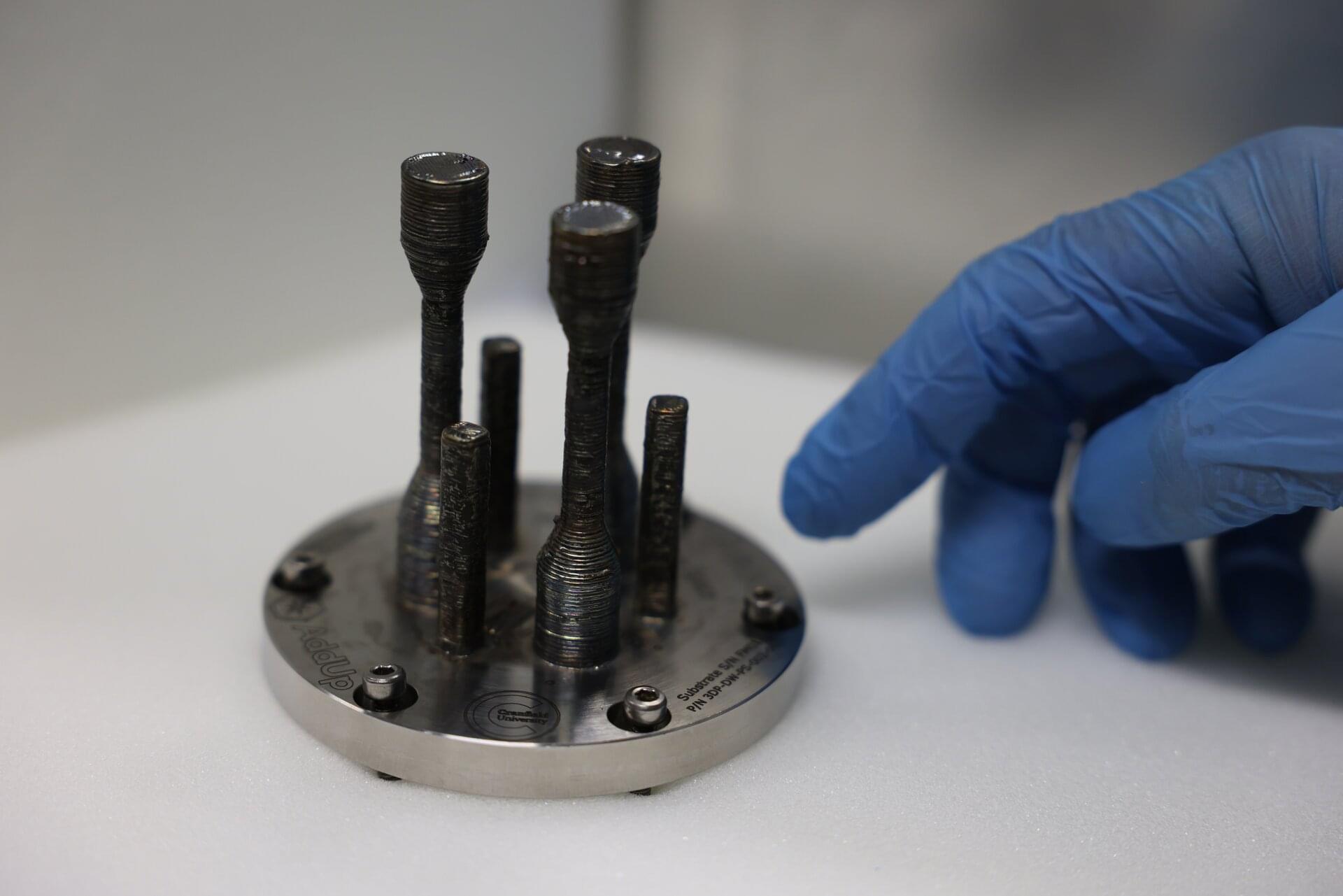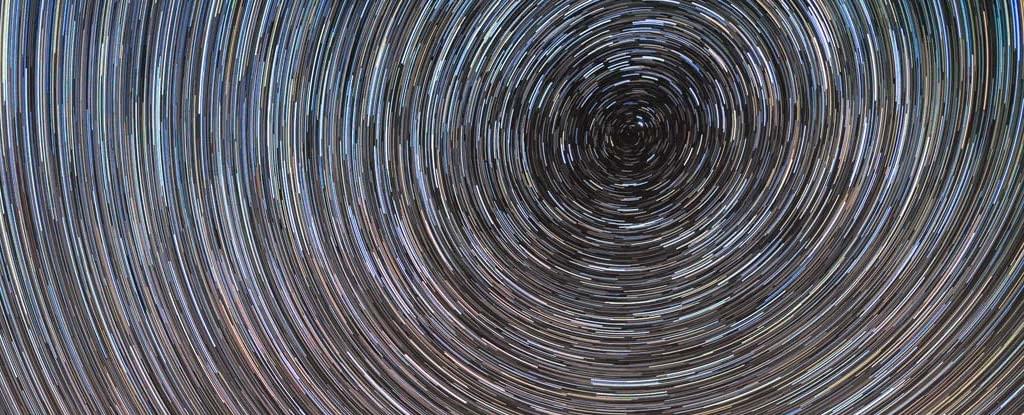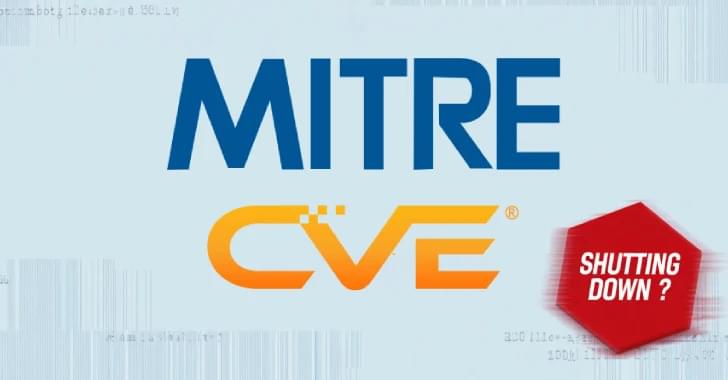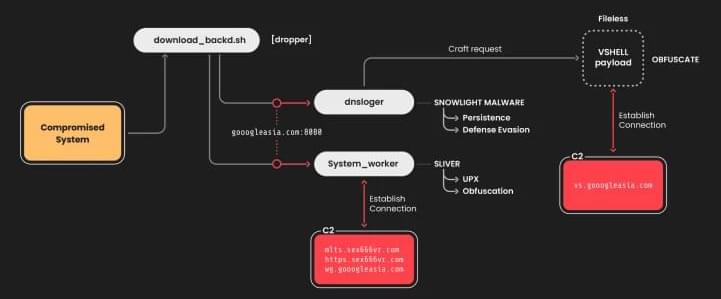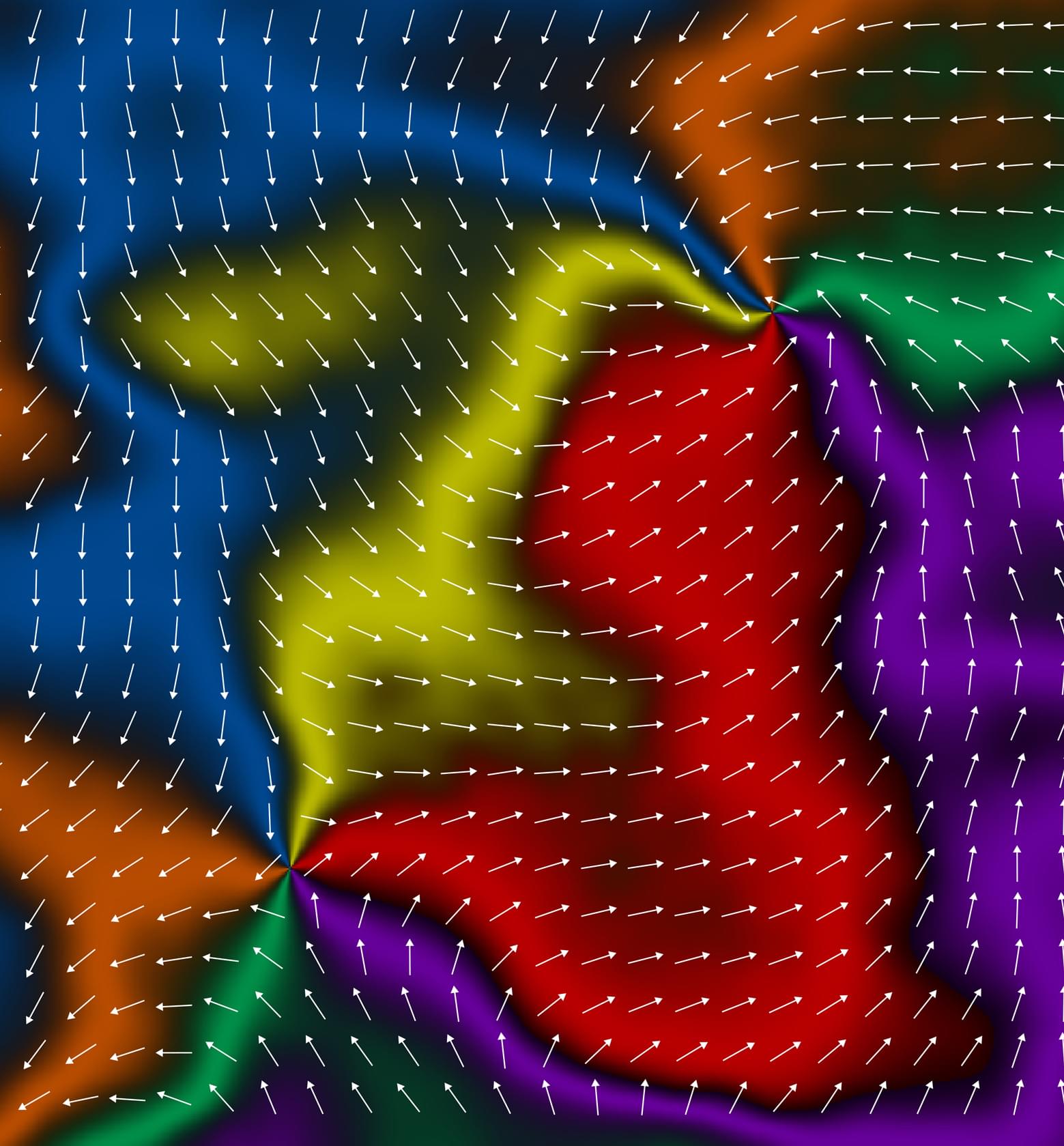The first metal 3D-printed part ever manufactured in orbit has returned to Earth.
Produced using ESA’s Metal 3D Printer aboard the International Space Station.
The International Space Station (ISS) is a habitable artificial satellite that orbits Earth, serving as a space environment research laboratory where scientific research is conducted across multiple fields, including astrobiology, astronomy, and meteorology. Launched in 1998, the ISS is a joint project involving space agencies from the United States, Russia, Japan, Europe, and Canada. It functions both as a testament to international cooperation in space exploration and as a platform for extensive scientific experiments conducted in the unique conditions of space.
